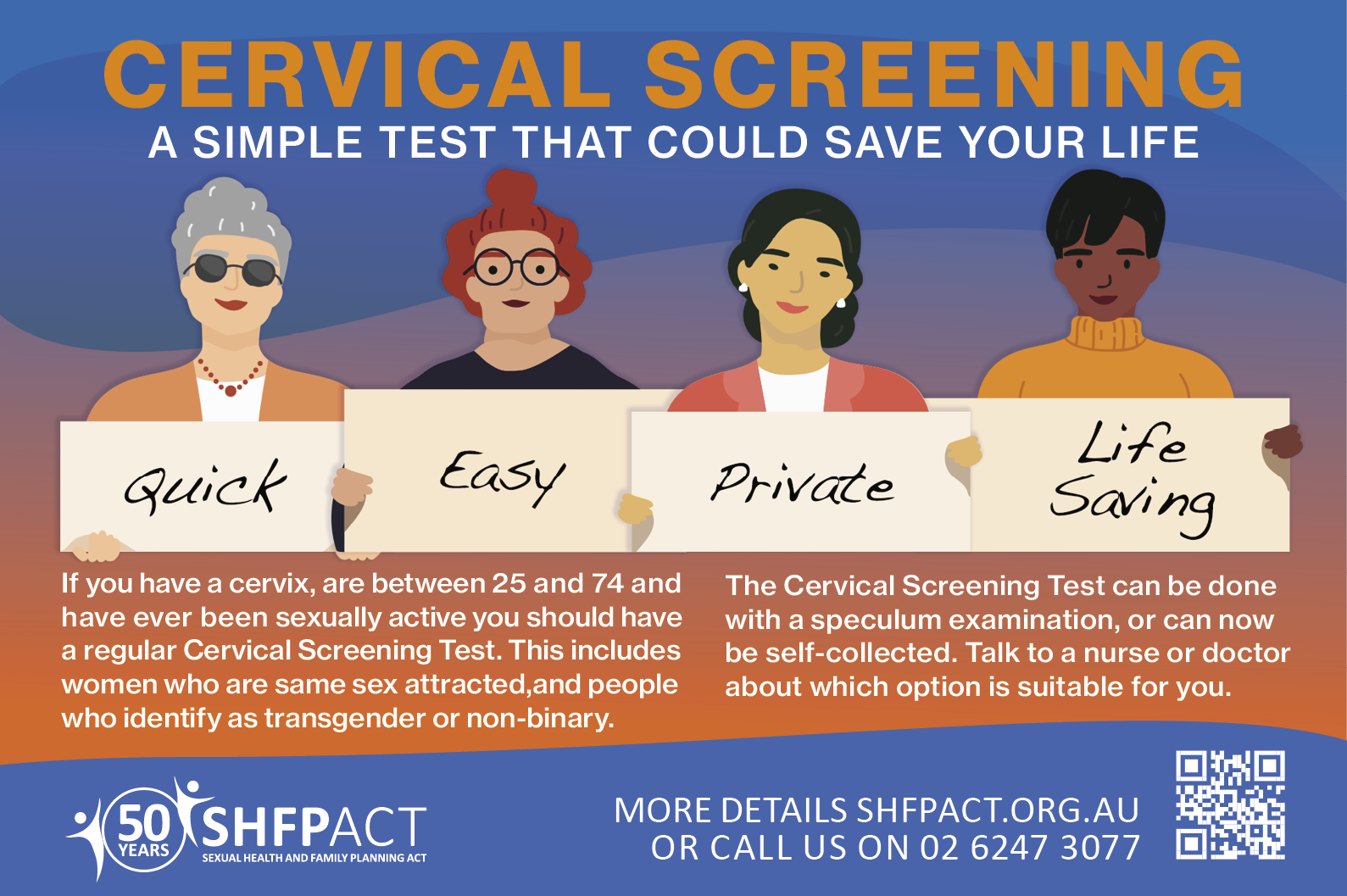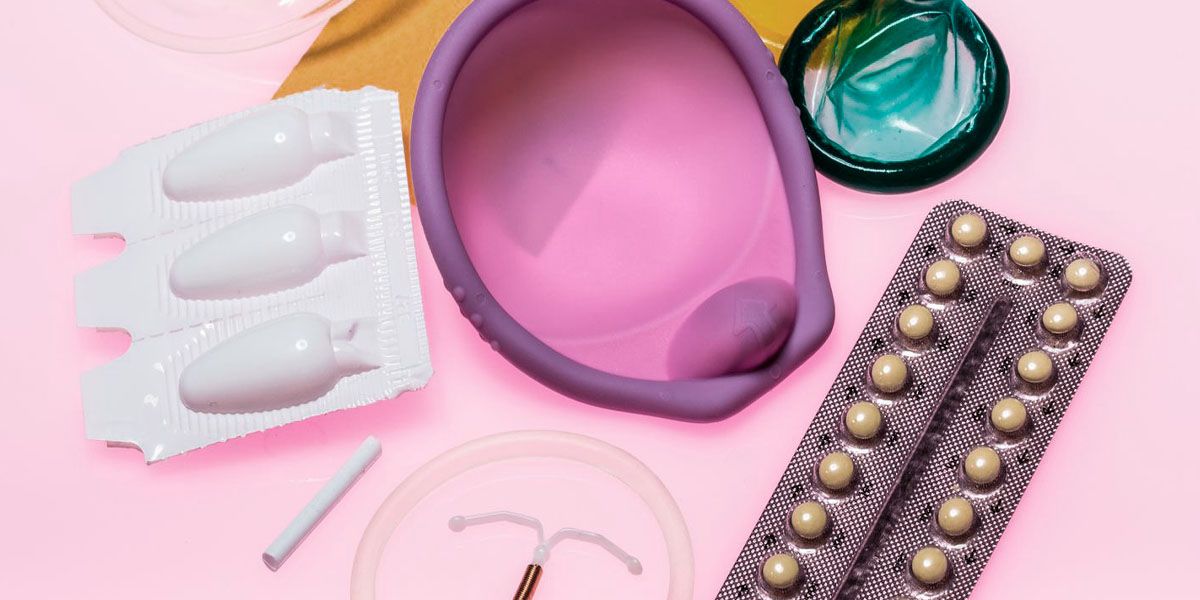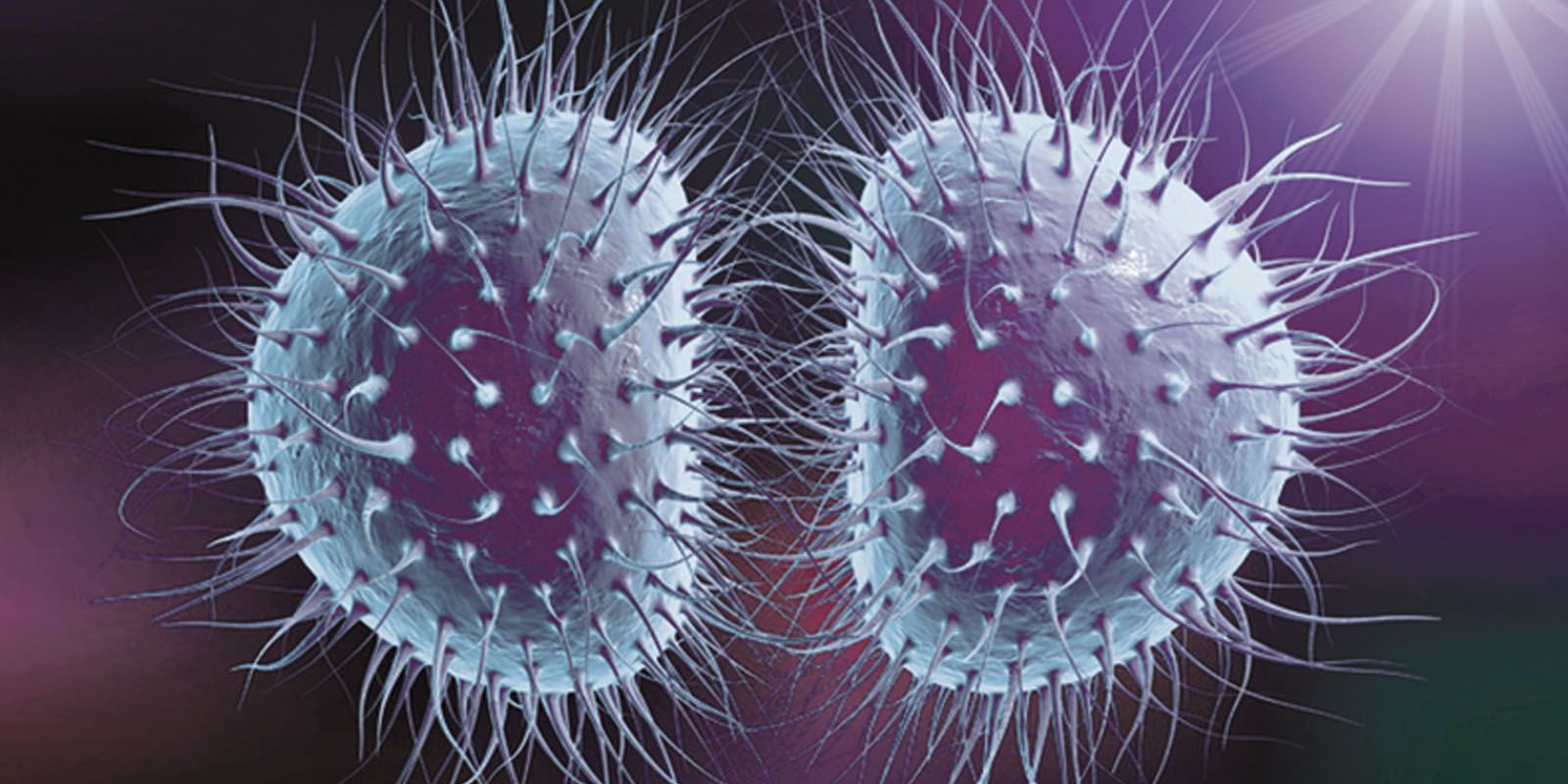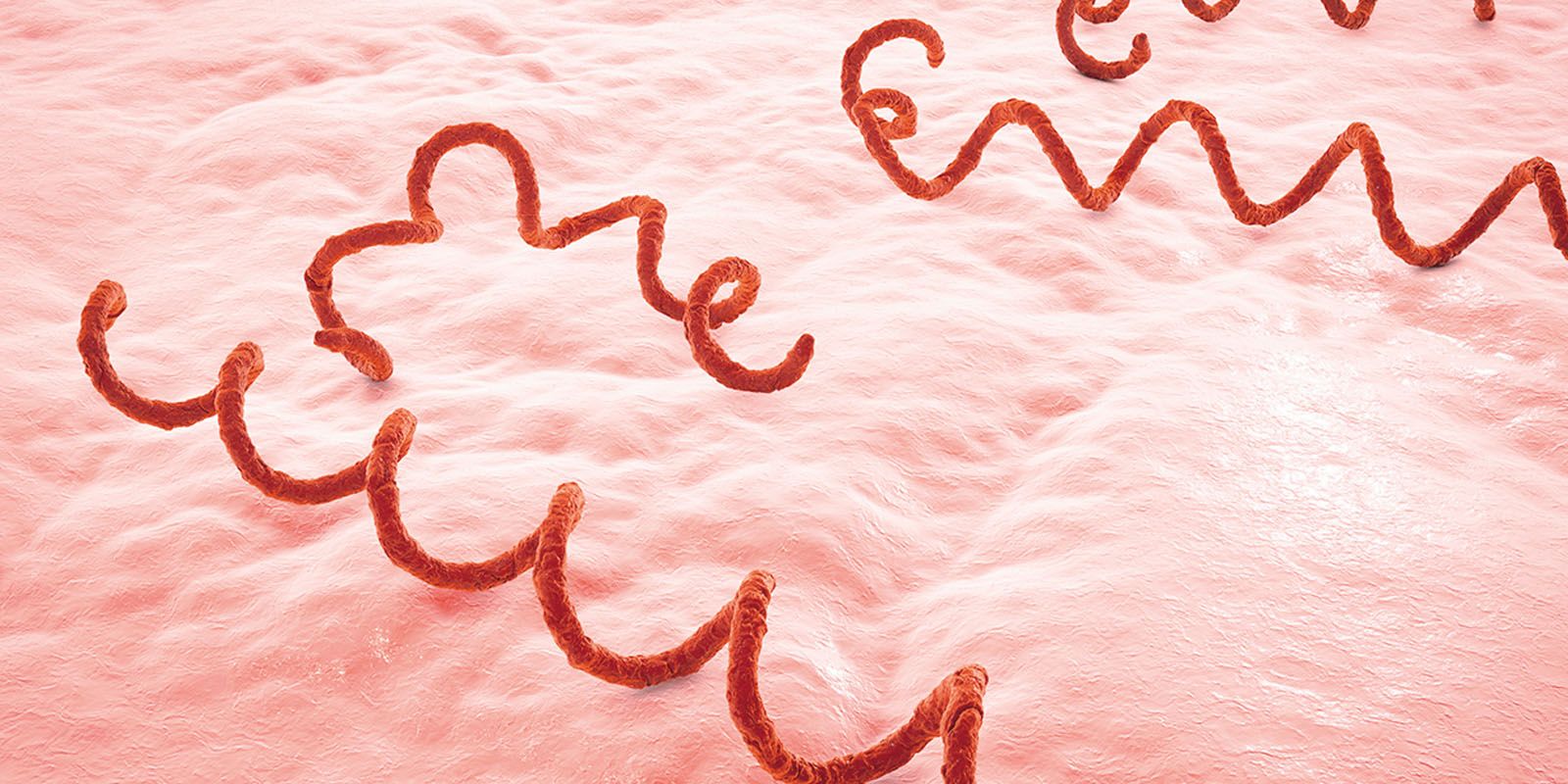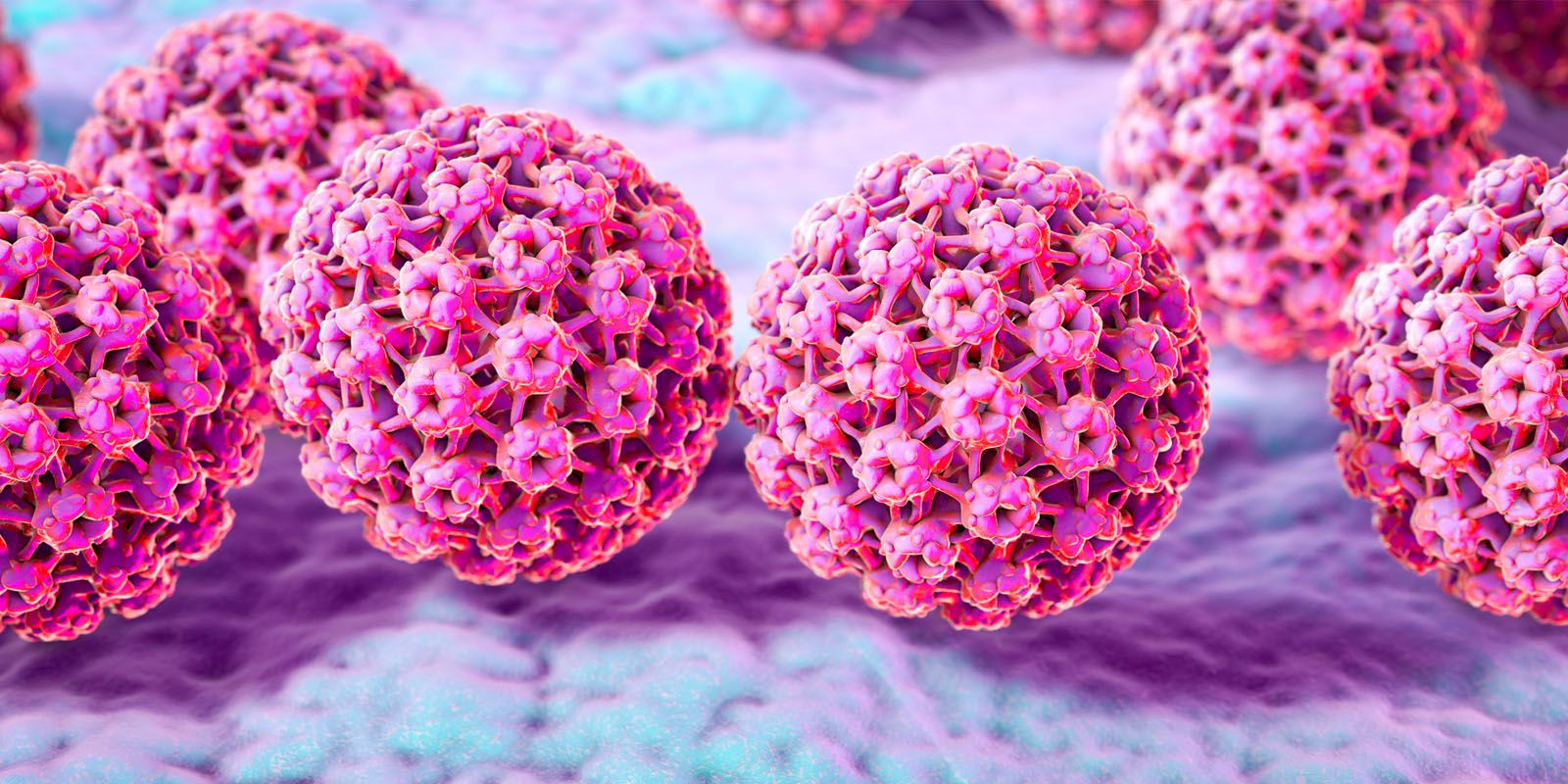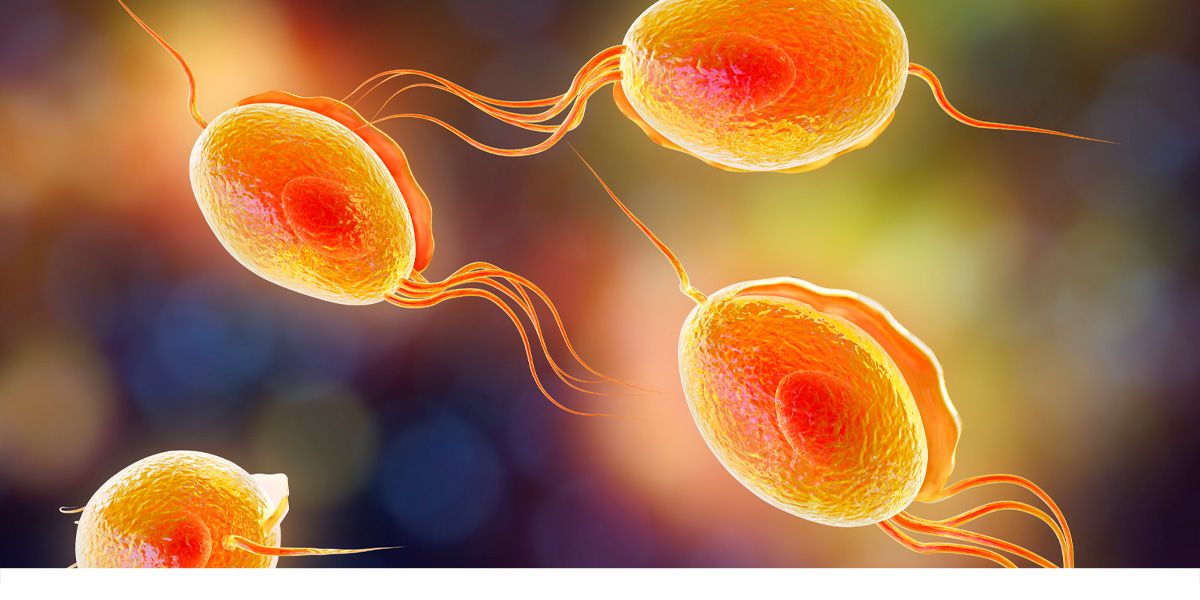The Caya Diaphragm
The Caya Diaphragm
What is a diaphragm?
A diaphragm is a barrier method of contraception. It is a dome of soft silicone with a flexible rim that is placed inside the vagina to cover the cervix (the lower part of the uterus or womb). The Caya® diaphragm, which is a single size diaphragm, is the only one available in Australia.
How does it work?
The diaphragm forms a barrier which prevents sperm from getting into the uterus. It is inserted before sexual intercourse and is left in place for at least 6 hours afterwards. It takes 6 hours for the sperm to die in the acidic environment of...
- Last updated on .

